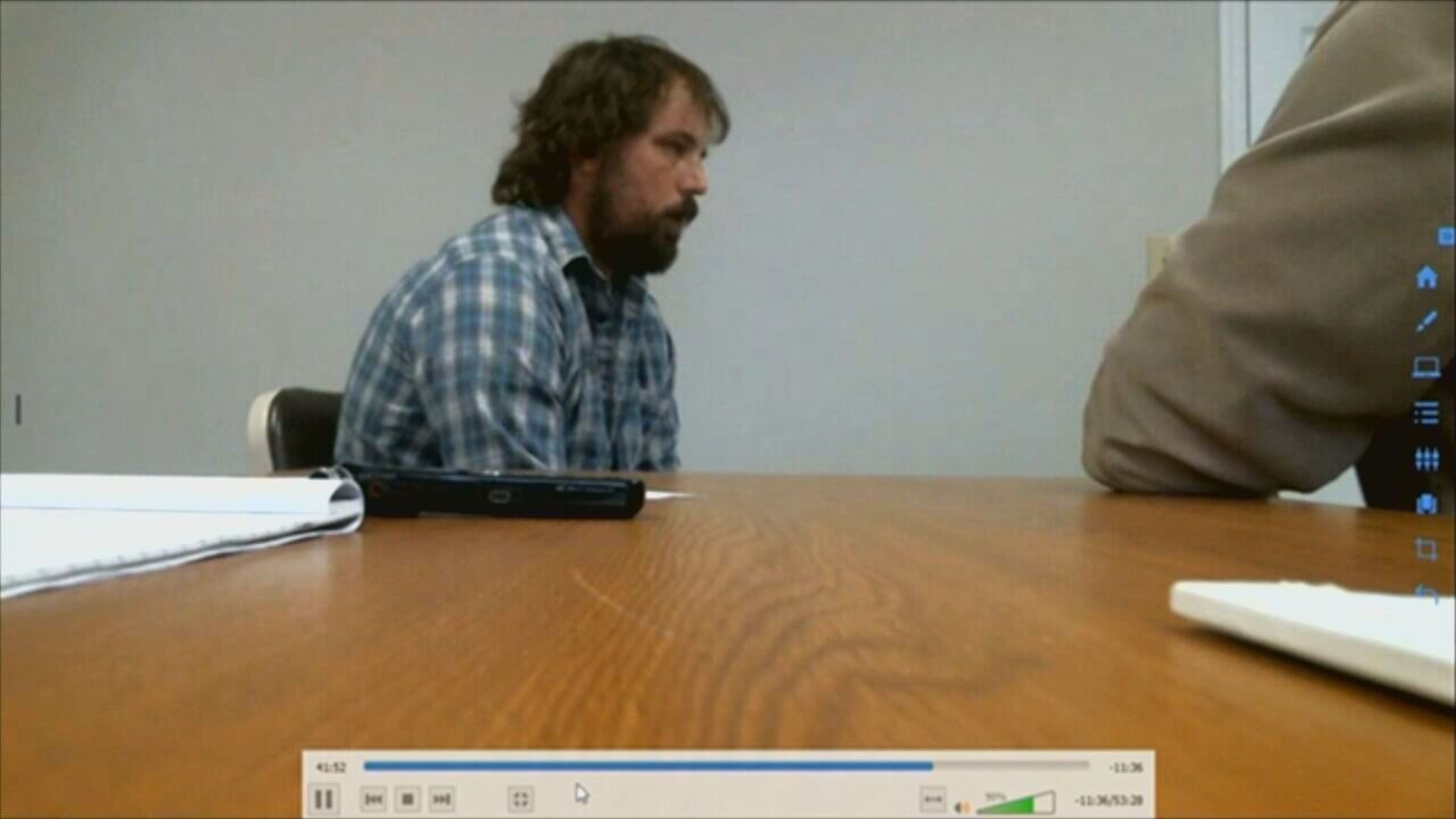Tara Grinstead case: Glove contained DNA from teacher, Duke and unknown person

A latex glove found in Tara Grinstead’s front yard contained her DNA and that of her accused killer, a GBI forensic scientist testified Friday.
Approximately 90% of the DNA found on the glove was linked to Ryan Alexander Duke, charged with Grinstead’s murder, according to Ashley Hinkle with the GBI. In addition to Duke and Grinstead’s DNA, Hinkle said a third DNA profile was developed from the glove. Samples of that DNA have not been conclusively linked to anyone, Hinkle testified.
That means it’s not possible to rule out Bo Dukes, found guilty in a separate case, as possibly handling the glove. But it doesn’t link Dukes to the glove either, Hinkle said.
Jurors on Friday heard Hinkle describe how the glove was tested in the GBI Crime Lab as Duke’s murder trial continued in Irwin County. Duke is accused of killing 30-year-old Grinstead, who was reported missing when she failed to show up to teach her Irwin County High School history classes.
Grinstead’s disappearance made national headlines and prompted a massive search. She was never seen alive again. In 2017, the GBI focused on Duke, acting on a tip from his friend and high school classmate, Dukes. The two are not related.
After questioning him for several hours, Duke was arrested and he confessed, according to the GBI investigators. He later changed his story and said he didn’t kill Grinstead, but was only involved in covering up her death. His defense attorneys now contend Duke feared for his safety and lied about his involvement and that he was coerced into his confession.
Dukes was also charged in the case. In March 2019, Dukes was sentenced to 25 years in prison for concealing Grinstead’s death. Dukes initially claimed he didn’t know anything about the disappearance and death. Months later, Dukes confessed. He didn’t kill Grinstead but helped dispose of the body, according to evidence at his trial.

After she was killed, investigators believe her body was burned in the woods of a pecan orchard owned by Dukes’ family.
Dr. Alice Gooding, a forensic anthropologist for Georgia, testified Friday that she was involved in excavating the area, where she found several human bone fragments.
“I could tell that they had been burned,” she said. “These remains were consistent with an adult.”
No cause of death could be determined from the bone fragments, Gooding said.
The trial is expected to resume Monday morning.
